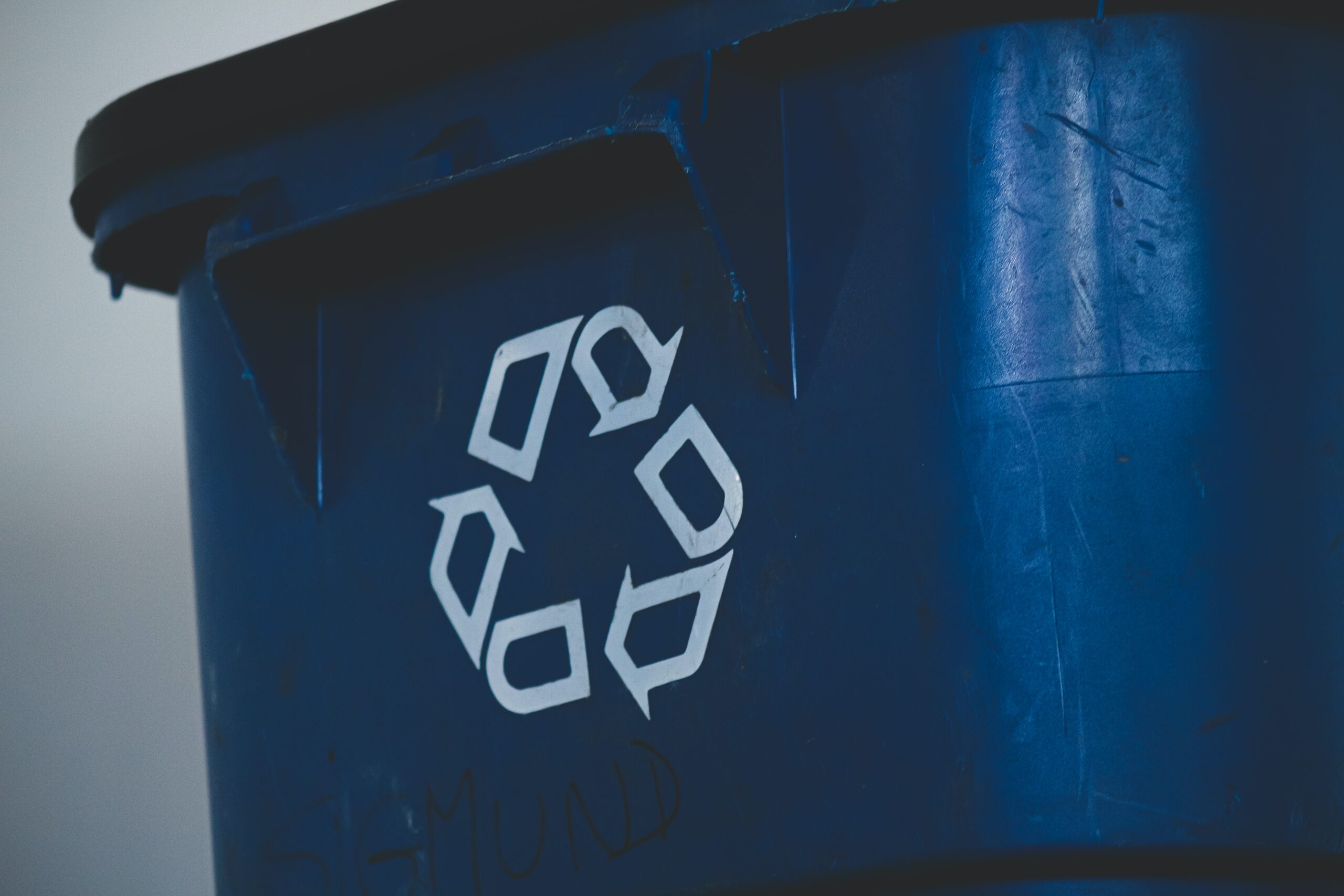Date of the last update: 08.03.2024
Nowadays, we pay more and more attention to taking care of the natural environment and reducing our impact on it. One of the popular initiatives in this field is the zero waste movement, which involves minimizing the amount of waste generated by changing our habits and approach to consumption. The huge amount of waste we produce every day has a negative impact on our planet, so it is worth learning five zero waste rules that will help us in everyday life. In this article, we will introduce these principles and discuss how we can put them into practice to achieve a greener lifestyle. We invite you to read on to find out how we can contribute to environmental protection through zero waste principles.
Table of contents:
You can read this article in 3 minutes.
What is the 5R principle
The 5R principle is a guideline aimed at minimizing the generation of waste and reduction of the negative impact on the environment. It includes five simple steps that each of us can follow in our daily lives to achieve a more sustainable lifestyle. 5R stands for the following words:
- Reduce – the first step is to reduce the amount of waste produced. This means making informed purchasing decisions and choosing products with minimal packaging. It is worth considering whether a given product is really needed and whether we can replace it with something more durable and reusable.
- Reuse – the second step is to choose items that can be reused. This means avoiding single-use products and investing in durable, reusable items. For example, instead of buying plastic water bottles, we can use metal water bottles and fill them with tap water.
- Recycle – the third step is recycling. If you are dealing with recyclable waste, please do so in accordance with local laws and guidelines. Recycling allows you to reuse raw materials and reduce the amount of waste going to landfills.
- Regeneration (Rot/Compost) – the fourth step is regeneration, which is the composting of organic waste. Throwing away food and other organic materials in the regular garbage can contribute to the generation of methane, which is a powerful greenhouse gas. Composting allows valuable nutrients to be added to the soil, which promotes soil health and reduces the amount of waste going to landfills.
- Educate – last, but not least, is the education and raising awareness in the public about the problem of overconsumption and waste generation. Through education, people can better understand the consequences of their actions and make more sustainable choices.
Check out also: How to reduce plastic use?
Benefits of implementing the zero waste principle in everyday life

Implementing the zero waste principle in everyday life can bring many benefits both for ourselves and for the natural environment. Here are some main benefits:
- Protecting the environment – minimizing waste is key to protecting our planet. Reducing waste and pollution contributes to reducing the negative impact on soil, water and air. Acting in accordance with the 5R principle, we can help reduce the amount of waste going to landfills and reduce greenhouse gas emissions.
- Resource Conservation – by adopting a zero waste approach, we start to carefully consider our purchases, reduce food waste, and use raw materials and products carefully. Thanks to this, we save both money and natural resources, such as water, energy and natural resources.
- Minimizing toxins – switching to greener alternatives, such as avoiding single-use plastic packaging or chemicals, results in a reduction in the presence of toxins in our environment. Thus, having a positive impact on our health and the condition of the environment.
- Creativity and simplification – practicing zero waste requires us to be creative and find alternative solutions. This can be discovering new ways to reuse items, cooking new recipes from items available in your pantry, or saving and repairing instead of buying new stuff.
- Education and awareness – practicing zero waste requires knowledge about the negative effects that waste has on the environment. By introducing these principles into our everyday lives, we become more conscious consumers, and we can share this knowledge with others, inspiring them to make more eco-friendly decisions.
Explore more: Petroleum and the environment
Summary
The zero waste movement is an approach to minimizing waste and protecting the environment. The 5Rs principle, i.e. reduce, reuse, recycle, remanufacture and educate, is the key to achieving this goal. By implementing these principles, we can reduce the negative impact on the planet, conserve resources and reduce the presence of toxins. Practicing zero waste fosters creativity, simplifies our lives. Going zero waste doesn’t have to be complicated or drastic. Small changes in our habits and approach to consumption can have a huge impact on protecting the environment and creating a sustainable future.

